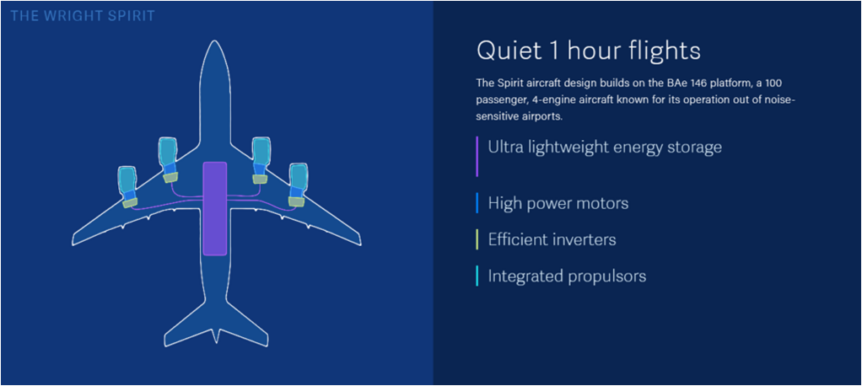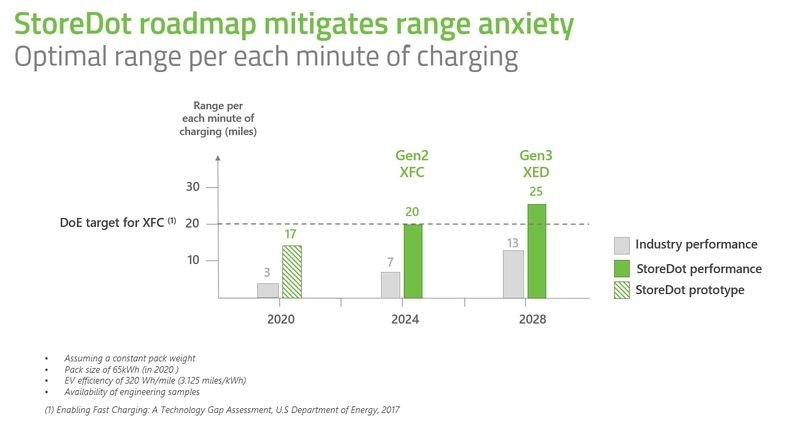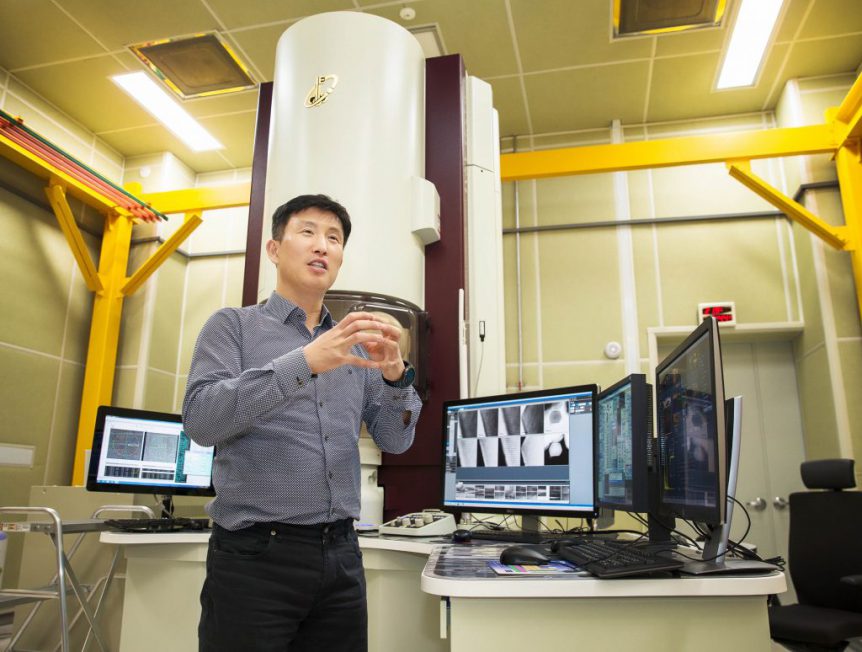A one kilowatt per kilogram battery would be a literally fulfilled wish in any aircraft designer’s list of desirable advances. Tesla’s drive around with 260 Watts per kilogram in their floors, and Amprius recently announced 500 Watt per kilogram cells. A battery able to store one kilowatt of energy in one kilogram (2.2 pounds) would be an enormous breakthrough for electric aviation. Under “stealth” development before being announced in 2023, the battery could become a fitting companion to the lightweight motors and controllers Wright is crafting. ARPA-E (the Advanced Research Projects Agency–Energy) rewards some very creative teams. One winning team combines Wright Electric and Columbia University in an effort to develop tomorrow’s 4X batteries. Three Project Parts ARPA-E awarded $1,499,098 to “support development of an ultra-energy-dense aluminum battery and novel artificial intelligence system.” Part of the Plane Electrification with 1K energy storage systems program (PROPEL-1K), the award will fund what Wright promotes as “Air-1, [an] elevated temperature battery designed for …
Wright Electric’s 8-Year Plan
Jeffrey Engler has headed up Wright Electric for the last decade, working to provide efficient motors, inverters and overall power systems for airliners. Now, his firm is working to develop those airliners. From a startup in 2016, looking for a single-engine light aircraft to convert to hybrid power, Jeffrey has grown Wright to a recognized force in future flight. Presenting a mission statement and schedule for the next eight years, Wright has ambitious, but reasonable plans. Currently, Wright is testing a two megawatt motor and inverter, “Collaborating with NASA, U.S. Department of Energy, and U.S. Department of Defense.” Testing will continue through 2023. The firm predicts it will be flying its Wright Spirit between the busiest “city-pairs” in the world by 2026. The Spirit, a BAe 146 converted to electric power, will connect paired destination such as, “Seoul-Jeju, London-Paris, Rio de Janeiro-São Paulo, and San Francisco-Los Angeles.” “Wright’s goal is to make all single-aisle flights shorter than 800 miles zero-emissions,” …
Storedot: Silicon and Tin for a Fast Charge
Storedot is an Israeli battery company with an appealing sales pitch – their batteries can be fully charged in minutes rather than hours. To make that happen, they are combining silicon, long considered a necessity for high energy density, and a more humble material – tin. Beside the unique material blend, Storedot is working on a 4680 battery (46 millimeters in diameter, 80 in length) equivalent to what Tesla has announced for use in its cars. Storedot claims 10 minutes for a full charge on an automobile. They demonstrated the ability to fully charge an electric scooter in five minutes last year. Autos could have 200 miles added to their batteries in 10 minutes by 2024, based on Storedot’s timeline. Storedot differentiates between range anxiety, the nervousness caused by wondering if your EV will make it to the next charging station, and charging anxiety, the worry that a charger will not be available when you arrive. Another anxiety in today’s …
The 17X Aluminum-Air Battery?
Jaephil Cho has a surprise for us – an aluminum-air battery that is potentially (no pun intended) more energetic than gasoline. Director of the Research Center for Innovative Battery Technologies and Professor in the School of Energy and Chemical Engineering, at Ulsan National Institute of Science and Technology (UNIST), Cho and his students have released over 350 papers, including one titled, “Seed-mediated atomic-scale reconstruction of silver manganate nanoplates for oxygen reduction towards high-energy aluminum-air flow batteries.” While such titles might not get him on the NY Times best-seller list, Cho is widely respected, UNIST reporting he has been named to the 2017 Highly Cited Researchers List in materials science, a second such honor for him. Professor Cho’ Surprise Professor Cho’s paper (in full) describes the aluminum flow battery he and his team developed. According to the UNIST News Center, “…Compared to the existing lithium-ion batteries (LIBs), the new battery outperforms the others in terms of higher energy density, lower cost, …
Phinergy: The 100X Battery?
Phinergy is an Israeli startup that promises high energy density energy storage systems, coupling zero emissions with light weight and great range in vehicle use. The company’s technology is similar to that of another Israeli firm, Alydro, reported here last year, and to the use of aluminum beverage can pull tabs, water and vinegar by a Spanish teacher and student demonstrated at the model car level. While Alydro does not seem to have shown a working model, Phinergy is demonstrating its technology in a small vehicle, sharing it all in an interview with Bloomberg Television. (Video updated June 28, 2017) Phinergy explains its unique technology. “Unlike conventional batteries that carry oxygen, these batteries freely breathe oxygen from the ambient air to release the energy contained in metals.” In aluminum’s case, that energy amounts to 8 kilowatt-hours per kilogram. Since the best lithium ion batteries might currently achieve 200 Watt-hours per kilogram, the aluminum battery could show 40 times the energy …




